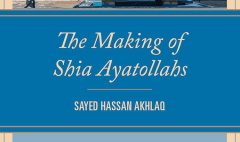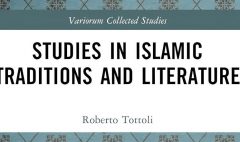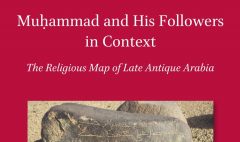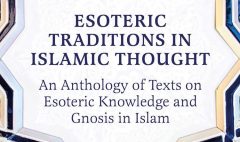Violence in Islamic Thought from the Qur’an to the Mongols
June 10, 2020 2023-10-08 8:31Violence in Islamic Thought from the Qur’an to the Mongols
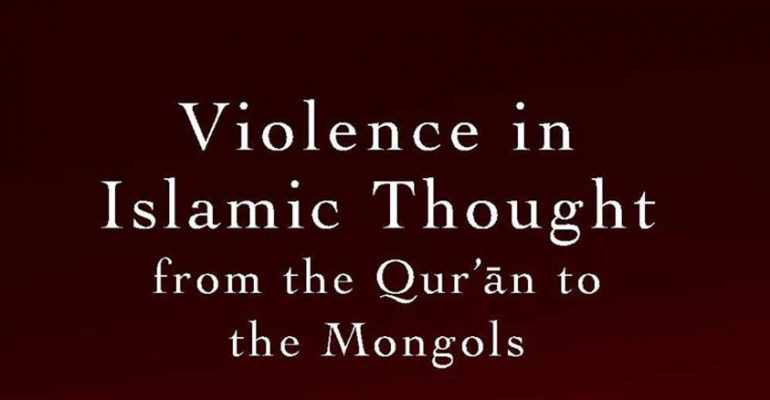
Violence in Islamic Thought from the Qur’an to the Mongols
Edited by Robert Gleave, István Kristó-Nagy
Publisher: Edinburgh University Press
Publication Date: June 2020
Examines the development of Muslim theological, legal, literary and cultural discussions about violence and its legitimation
The violent conquest of the eastern part of the lands under Muslim rule by the Mongols marked a new period in the history of Islamic civilization and in attitudes towards violence. This volume examines the various intellectual and cultural reactions of Muslim thinkers to these events, both within and without the territories subjected to Mongol control. Each chapter examines how violent acts were assessed by Muslim intellectuals, analyzing both changes and continuity within Islamic thought over time.
Each chapter is structured around a case study in which violent acts are justified or condemned, revealing the variety of attitudes to violence in the medieval period.
Key Features
• Examines the portrayal of violence in a variety of Muslim intellectual contexts (historical, philosophical, theological, legal, literary, artistic)
• Employs a broad understanding of violence – from warfare between Muslims (and between Muslims and others) to individual acts of violence
• Enables a better-informed debate about the nature of violence in Islamic thought, and how the positions developed in early Islam were both used and abandoned by later writers
• Positions these classical conceptions of violence and its justification in Islamic thought in the broader methodological debate over violence and its relationship with religious thought
About the Authors
Robert Gleave was Director of the Legitimate and Illegitimate Violence Project 2010-2013, and is Professor of Arabic Studies at the University of Exeter. He specializes in Islamic legal theory (uṣūl al-fiqh) and Shīʿī legal thought. His most recent publications include Islam and Literalism: Literal Meaning and Interpretation in Islamic Legal Theory (EUP, 2012).
István Kristó-Nagy is a Lecturer in Arab and Islamic Studies at the University of Exeter. He is the author of La pensée d’Ibn al-Muqaffaʽ (2013).
Source: Edinburgh University Press



